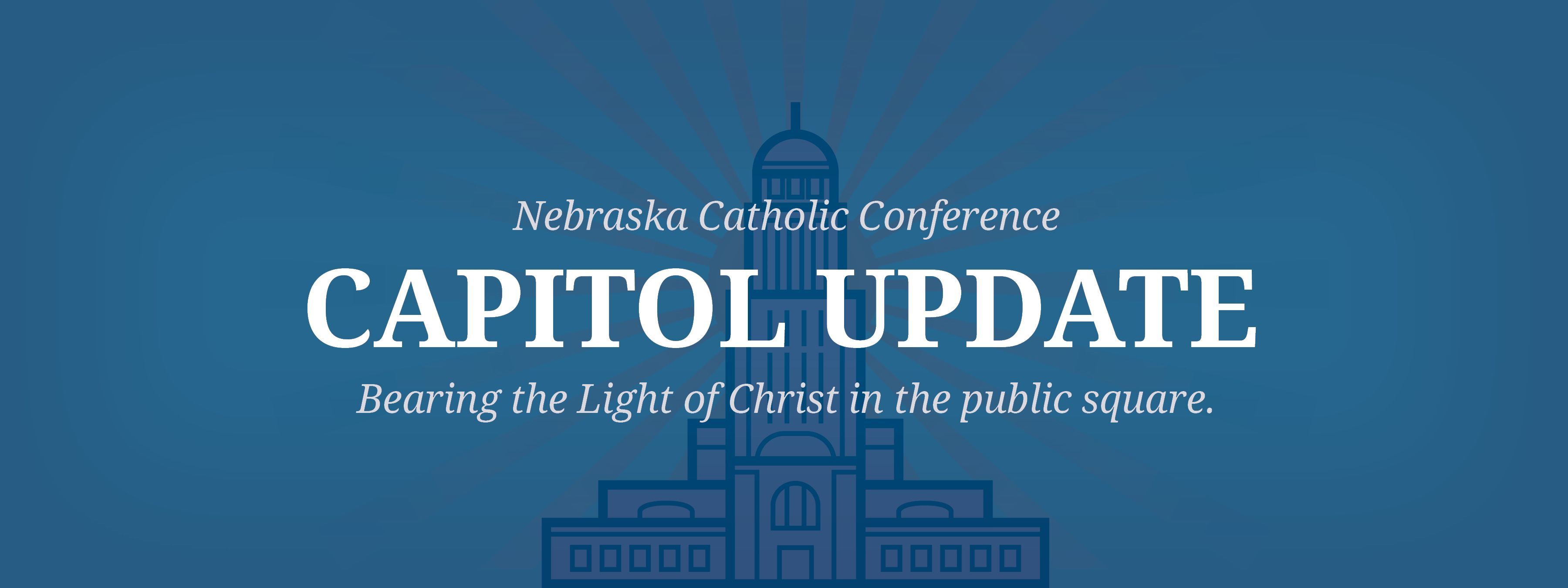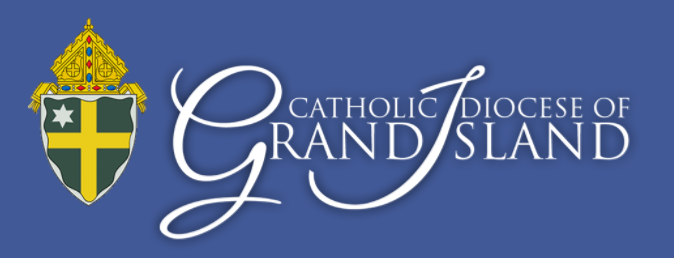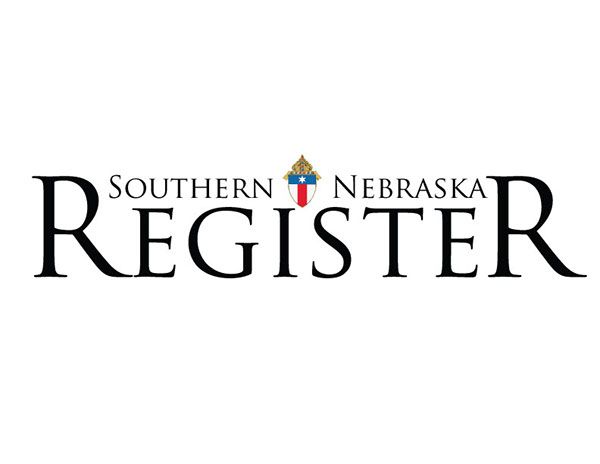Before I get rolling with my column, I should say this: if you haven’t read the column by Katie Patrick, the new executive director for Catholic Social Services, you should go do that. I say this because Katie is a wonderful person with a big heart and, more importantly, she’s my sister-in-law. In time, our family will attempt to take over the entire Southern Nebraska Register! Now, back to your regularly scheduled programming:
It’s the year 1776. You’re a priest. And you’ve heard Colonel John Nixon deliver the first public proclamation of the Declaration of Independence outside of the Pennsylvania statehouse. You’re overjoyed by this newfound freedom from British imperialism. You also fear for what’s to come and wonder to yourself, “Can this American project last? Will its foundations, built on the inalienable rights endowed by our Creator, survive the test of time and people?”
While the country continues to find its own identity, you minister to the needs of the community. You bring them the Bread of Salvation and the Word of Life. But you also tend to their immediate material needs. In the years that follow 1776, the poor of the city continue to remain destitute. In 1793, the yellow fever epidemic hits the community, and plagues the city for years to come. Thousands of Philadelphians die. Many more flee the city. Countless children are left without mother and father.
In the midst of this tragedy, you experience a calling. You form an association to care for the orphaned children who wander aimlessly in the streets, going without food and shelter. The Catholic laity who you minister to similarly answer the call by providing residential care for these children. This endeavor becomes the seed for what would, in 1919, become known as Catholic Children’s Bureau and, in 1964, as Catholic Social Services of the Archdiocese of Philadelphia, not only continuing to offer services to orphaned children, but also expanding assistance to homeless adults, women in crisis pregnancy, immigrants, those with intellectual disabilities, among others.
After 200 years of service to the community, the City of Philadelphia now has a problem with you. They despise your belief that marriage is a sacred institution designed for one man and one woman to be joined together in lifelong love for the good of children. The City thinks this conviction is discriminatory when it prevents you from placing children into the homes of same-sex married couples.
The City discontinues its long-standing contract with you for foster care and adoption services, services you were providing to kids long before the government ever considered it their responsibility. The foster care parents you serve respond with a lawsuit against the City. You make it to the Supreme Court of the United States, alleging violations of your religious freedom.
The foregoing is the context for a recent Supreme Court decision, Fulton v. City of Philadelphia. The decision proved to be an important victory for children in need and the parents who serve them—as well as for Catholic Social Services. While the decision was an important victory for religious liberty, in my next column I will discuss the shortcomings of Fulton.
In Fulton, the Supreme Court asked whether the decision by the City of Philadelphia to revoke its contractual relationship with Catholic Social Services and prohibit it from continuing to offer foster-care/adoption services was a violation of CSS’s religious liberty.
In its analysis of this question, the Court reiterated the general rule that governs religious liberty case law, a rule developed in the infamous Smith v. Employment Division case. That rule being: a law or government action which burdens religious liberty does not violate the U.S. Constitution’s 1st Amendment free exercise of religion if that law or government action is neutral and generally applicable.
In terminating its contractual relationship with CSS, the City of Philadelphia claimed it was enforcing its general prohibition on discrimination. The City of Philadelphia, like all other governmental entities, prohibits discrimination based on categories like sex, race, national origin, religion, etc. As part of a growing national trend, included among those categories, the City also prohibits discrimination based on sexual orientation.
The Supreme Court ultimately ruled that the City’s non-discrimination prohibition was not truly “generally applicable.” The City’s non-discrimination prohibition allowed for “individualized exemptions” that could be issued by the Commissioner overseeing foster-care/adoption services contracts. The Court reasoned that the existence of this exemption undermined the general prohibition in a way that violated the religious liberty of Catholic Social Services.
Because the City’s law lacked general applicability, their action was subject to a higher level of scrutiny. The City ultimately was unable to provide sufficient justifications for why it would not allow an exemption for CSS. In short, if the City could provide exemptions for non-religious reasons but would not provide them for religious reasons, this constituted a violation of religious liberty. The Supreme Court reached this conclusion unanimously.
In the time of constant division, a 9-0 victory for religious liberty at the Supreme Court is not unnoticed and is an important building block for furthering protections of the 1st Amendment. It is something worth celebrating during this week when we reflect on the meaning of our country and its future.







